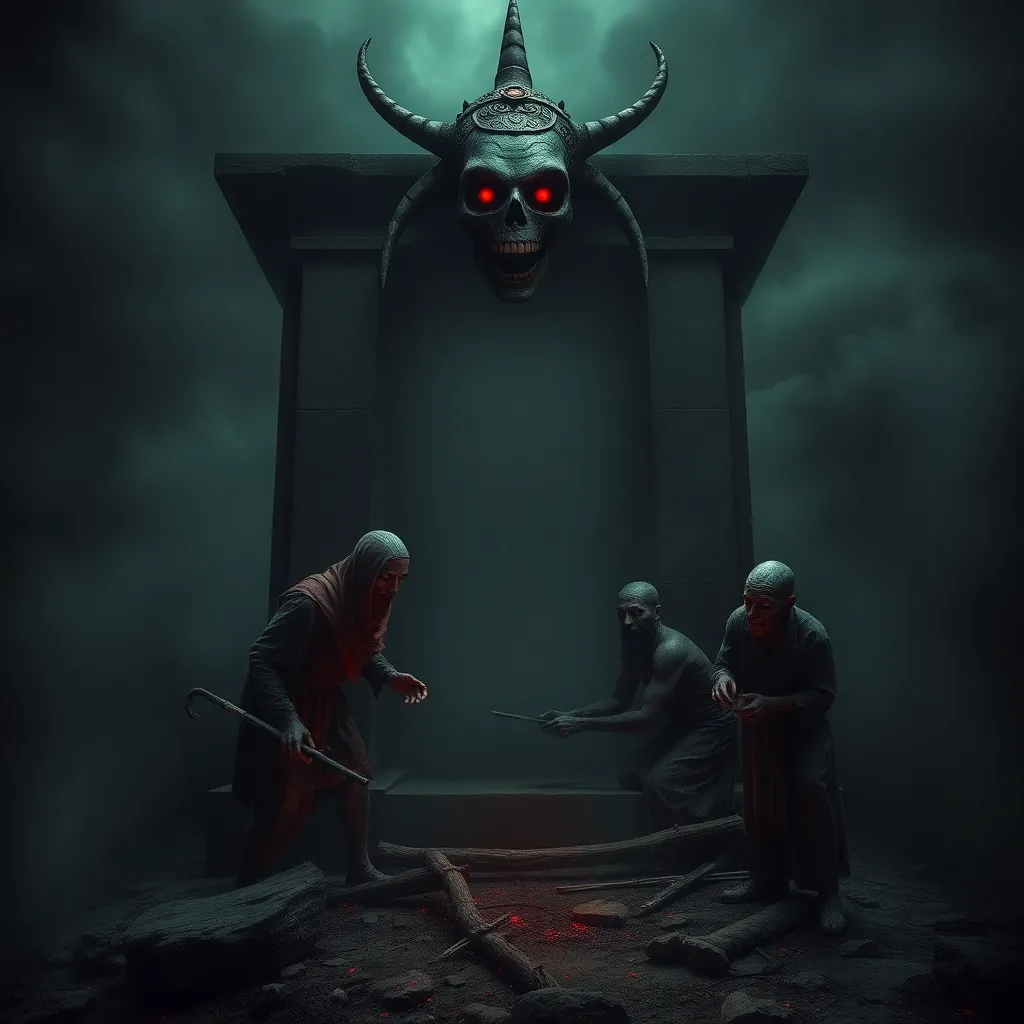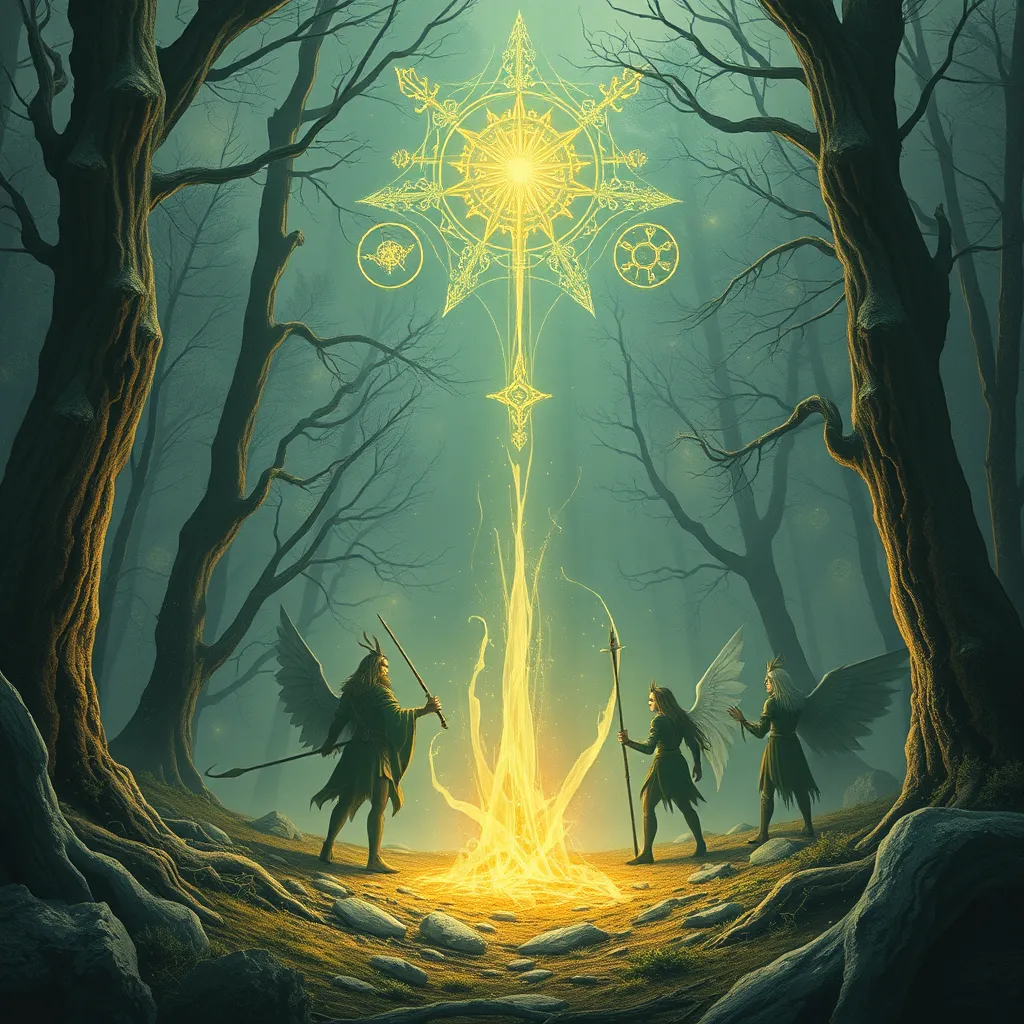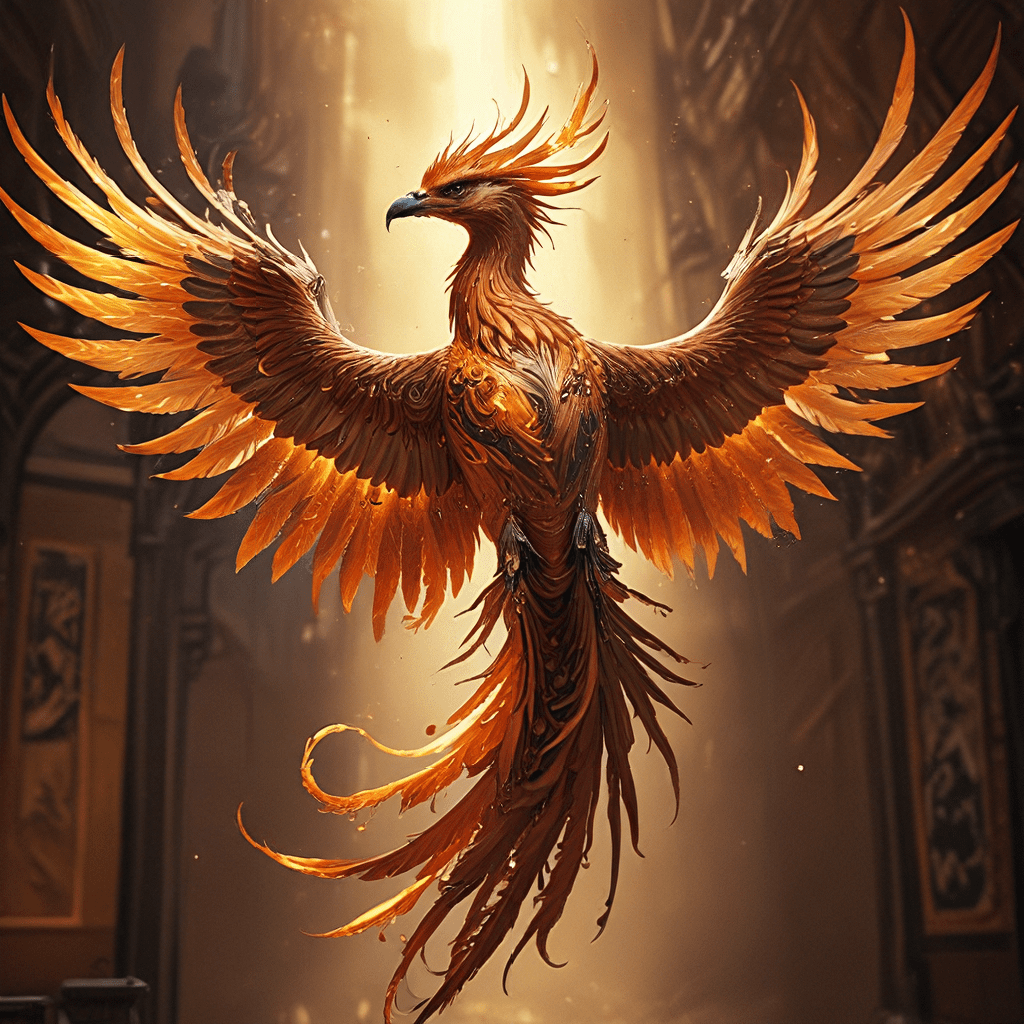Beyond the Grave: Unraveling the History of Haitian Zombie Lore
I. Introduction to Haitian Zombie Lore
In the rich tapestry of Haitian culture, the concept of the “zombie” holds a unique and profound significance. Zombies, often depicted in horror films and popular culture as soulless, reanimated corpses, have their roots deeply embedded in Haitian folklore and spirituality. The term “zombi” in Haitian Vodou refers not only to the undead but also to a complex array of beliefs surrounding life, death, and the afterlife.
This article aims to delve into the fascinating history of Haitian zombie lore, exploring its origins, cultural implications, and the scientific phenomena that have contributed to the mythos. Through this exploration, we will uncover the layers of meaning that zombies embody in Haitian society, as well as their impact on global perceptions of the undead.
II. Historical Roots of Zombie Beliefs in Haiti
The mythology surrounding zombies in Haiti is a confluence of various historical and cultural factors. Understanding these roots requires examining:
- A. The influence of African Vodou traditions: Vodou, a religion that blends African spiritual practices with elements of Catholicism and indigenous beliefs, provides a foundational framework for understanding zombies. The lwa, or spirits, play a significant role in the lives of practitioners, influencing their understanding of life and death.
- B. The impact of colonialism and slavery on zombie mythology: During the colonial era, enslaved Africans in Haiti faced brutal conditions that dehumanized them. The notion of zombies emerged as a metaphor for the loss of autonomy and identity, reflecting the fears and realities of oppression.
- C. Key historical events shaping the perception of the undead: The Haitian Revolution and subsequent societal changes created a complex narrative around life after death, contributing to the evolving understanding of what it means to be a zombie.
III. The Vodou Connection: Spiritual and Cultural Context
To fully grasp the significance of zombies in Haitian culture, it is essential to explore the spiritual framework of Vodou:
- A. Understanding Vodou and its pantheon of spirits (lwa): Vodou encompasses a rich array of deities and spirits, each with unique characteristics and influences. The relationship between practitioners and these spirits shapes their understanding of life, death, and the afterlife.
- B. The role of the “zombi” in Vodou practices: In Vodou, a zombi is often seen as a person who has been brought back from death through spiritual manipulation. This concept is intricately tied to themes of control and autonomy.
- C. Rituals and beliefs associated with the undead: Various rituals, including the use of offerings and possession ceremonies, highlight the ways in which the undead are integrated into Vodou practice, serving as a reminder of the thin line between life and death.
IV. The Science Behind Zombies: Poison and Control
While zombies are often relegated to the realm of folklore, there are scientific explanations that lend credence to some of the myths:
- A. Examination of the “zombie powder” and its ingredients: Reports of a mysterious “zombie powder” have circulated, claiming that it contains ingredients like pufferfish toxin, which can induce a death-like state.
- B. The physiological effects of toxins on the human body: Toxins can cause paralysis and altered states of consciousness, which may lead to the perception of zombification in individuals.
- C. How these substances contribute to the fear and fascination of zombification: The psychological impact of these experiences can reinforce societal fears surrounding death and control, further entrenching the zombie narrative in Haitian culture.
V. Zombies in Haitian Society: Folklore and Reality
The belief in zombies has significant implications for Haitian society:
- A. The societal implications of zombie beliefs in Haiti: The fear of becoming a zombi can influence behavior and reinforce social norms, impacting everything from personal relationships to community dynamics.
- B. Case studies of reported zombie sightings and their cultural impact: Numerous accounts of alleged zombies have surfaced in Haitian communities, often tied to local folklore and spiritual beliefs, shaping public perception and cultural identity.
- C. The role of the zombie narrative in contemporary Haitian life: Today, the zombie narrative continues to resonate in Haiti, often serving as a cautionary tale or a means to address social issues.
VI. The Global Influence of Haitian Zombie Lore
The allure of Haitian zombies has transcended borders, influencing global culture:
- A. The spread of zombie mythology in popular culture: The depiction of zombies in films, shows, and literature has perpetuated and morphed the Haitian narrative into a global phenomenon.
- B. Analysis of films, literature, and media inspired by Haitian zombies: From classic films like “White Zombie” to contemporary series like “The Walking Dead,” the archetype of the zombie has evolved while often losing its cultural specificity.
- C. The evolution of the zombie archetype in Western horror: The Western portrayal of zombies has diverged significantly from Haitian beliefs, often emphasizing horror over the rich cultural context of the original lore.
VII. Debunking Myths: Misconceptions About Haitian Zombies
Despite their popularity, many misconceptions surround Haitian zombies:
- A. Common myths versus the reality of Haitian beliefs: Many Western interpretations reduce zombies to mere monsters, ignoring their complex cultural significance as symbols of control and oppression.
- B. The effects of Western portrayals of zombies on cultural understanding: These portrayals often perpetuate stereotypes and misunderstandings about Vodou and Haitian culture.
- C. Interviews with local practitioners and scholars on authenticity: Engaging with local voices provides a richer understanding of the authenticity and nuances of zombie beliefs in Haiti.
VIII. Conclusion: The Enduring Legacy of Haitian Zombie Lore
The legacy of Haitian zombie lore is a testament to the resilience and complexity of Haitian culture. Zombies symbolize not only fear and oppression but also the struggle for autonomy and identity in a post-colonial context. Understanding these beliefs is crucial for appreciating the cultural significance they hold in Haiti.
As we reflect on the intricate narratives surrounding zombies, it is essential to approach these topics with respect and sensitivity, acknowledging the rich history and spirituality they represent. Future research and exploration of Haitian folklore can further illuminate the depth of these beliefs, fostering a greater appreciation for the cultural heritage of Haiti.




